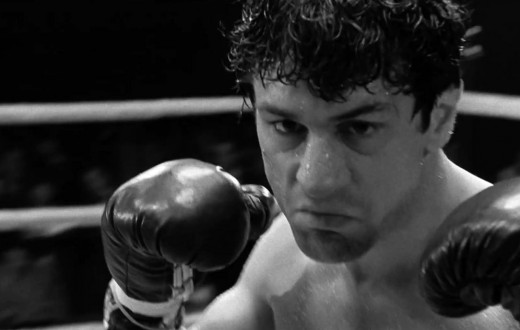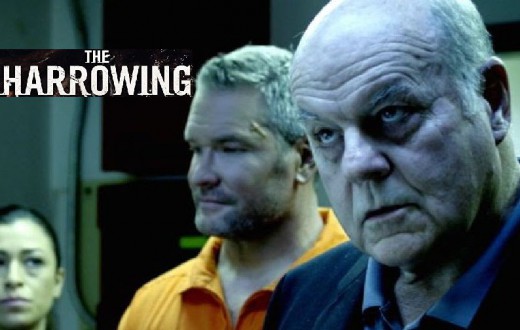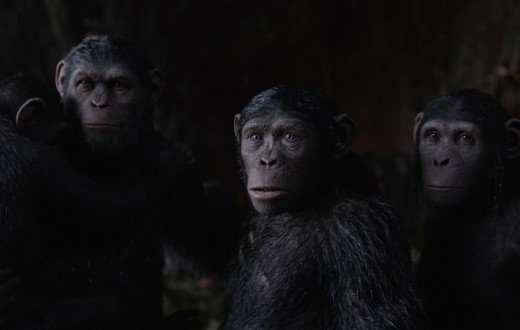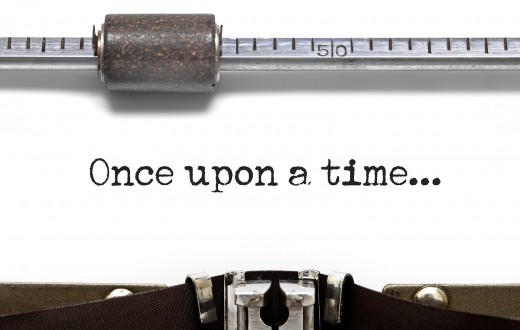“Acting is all about…”
As you go through your life as an actor, there are so many things you come to find out acting is “all about.” Every instructor, coach, director, agent, manager, and even advice columnist will at some point take time out of their valuable day to drop one of these pearls of wisdom.
And in fairness, acting is many things. It’s a deceptive craft in that it appears to be so simple; to a layperson all we do is memorize someone else’s words and say them. Walk around for a while imagining yourself in someone else’s shoes, say some stuff, and boom: Oscar time, right? It’s these kinds of insights that makes your cousin Chad who works at the Dairy Queen believe he could be the next Vin Diesel.
Oh Chad. That’s why they’ll never move you off the fry station.
Among the many things that acting instructors will say acting is all about is choice. We are of course given parameters within which to work–a time and a place, a character’s age and background, the playwright’s words, the arc of the character, the arc of the scene, and the arc of the overall story being just a few.
But within these outlines we have so many options to carve our own path and determine our own interpretation of the character and the way they’re going to pursue what they want in the scene. That’s why it’s so important to show casting directors and producers that you’re capable of making interesting, strong choices right off the bat in the audition room. Here are a few tips to help you get to where you’re the one setting the bar for everyone else at the audition and making the interesting choice every time.
1. Get out of their heads
The first thing to remember once you’ve gotten your sides and you’re getting prepared to go in for a read is that you are not a mind-reader. It’s far too easy for less experienced actors to get caught up in a terrible trap from which there is no escape: thinking “What do they want?” It’s far too easy to get all tangled up in wondering what the people on the other side of the table might be thinking, and let it influence your choices. And if you’re thinking about what they might want, how can you possibly be thinking about what your character wants? Or even really explore what tactics they might adopt in order to get what they want in the situation you’ve been given? In other words, you lose sight completely of doing your actual job. And anyway we can never know another person’s thoughts, not really. So to spend any amount of time and energy pondering them is a waste. This goes double when it comes to auditions. You have a job to do, so do it. In a weird way, the people behind the table don’t even matter: you’re here to act, so act. Focus on your objectives and tactics as your character and stay out of the casting team’s heads and let your choices be your own.
2. Imagine no limits
Another common mistake less experienced actors make when it comes to auditioning is they make the choices that present themselves most readily and apparently on the page. If the script seems to indicate an angry confrontation, they yell and scream for all they’re worth. If the script sides appear to indicate a sad moment, they conjure up the old quivering chin and leaky eyes and possibly even a keening wail–no doubt to the chagrin of the casting team. In other words, they make the safe choice, the obvious choice that is most clearly delineated in the script. Now let’s take a moment to break rule number one above and think for just a second what that looks like to the casting director and his or her team. Say it’s around 4:30 in the afternoon and they’ve been at this all day, and they see the 73rd actor come in and read the scene the exact same way it was read by number 72, and number 71, and number 70… This is a road map to blending in and disappearing. This is how you play it safe, and that’s the opposite of what you want to do. Auditions are risky. They cause us to get nervous and feel threatened, and our monkey instinct is to protect ourselves when we feel threatened. So what happens is we instinctively choose safe when it comes to auditions. But safe isn’t what got you here. Safe also isn’t what books roles. So the fix is to forget the safe choice. Toss out any and all pre-conceived notions of how the piece “should” be played and allow your mind to wander into new territory. Think about quirky actors like Parker Posey, or Aubrey Plaza, or the great John Malkovich: these are actors who clearly did not limit themselves to the first or most obvious choice for reading the various characters for which they are known. In order to get your foot in the door you’ve got to grab their attention with something that stands out from the other 72 actors there that day. And here’s a great technique for doing so…
3. A little from column A, a little from column B–and don’t forget column Z
A great and useful exercise for freeing yourself from the rote or well-trodden take on a particular piece to change up your script analysis. Take a piece of paper and make two columns on it. Title the first column A and the second one B. Now using your usual script analysis technique, list three choices under column A using what your first instincts tell you about how to play the scene. Now in column B you’re going to work a little harder. You’re going to list three different choices–choices that still work given the parameters of the script, the character, the arc of the scene, and the story’s arc, but three choices that are different nonetheless. Once you’ve done this, go back to column A and play the scene using these first choices you wrote down. These are what we’re going to call the “safe” choices. These are very likely the same or similar choices to what most of the other actors at an audition would make. Now look at column B. Play the scene again using these choices. Notice how different it feels this time around! This is you stepping outside of the box of safety and comfort, and really playing. Now one more step: Add a column C–or better yet, call this one column Z. List three MORE different choices you could make, and run the scene again using them. Even more interesting, eh? As long as you remember to make an honest script analysis and stay true to the story and the objectives of your character in the scene, your choices, while not limitless, are certainly much more wide open than you thought of them before. Pushing your imagination to make the unconventional yet still truthful choice will render your read a much more electric, vital and real event, both for you and the casting team. Take that energy and imagination into the audition with you every time, and you are well on your way to booking more roles!







